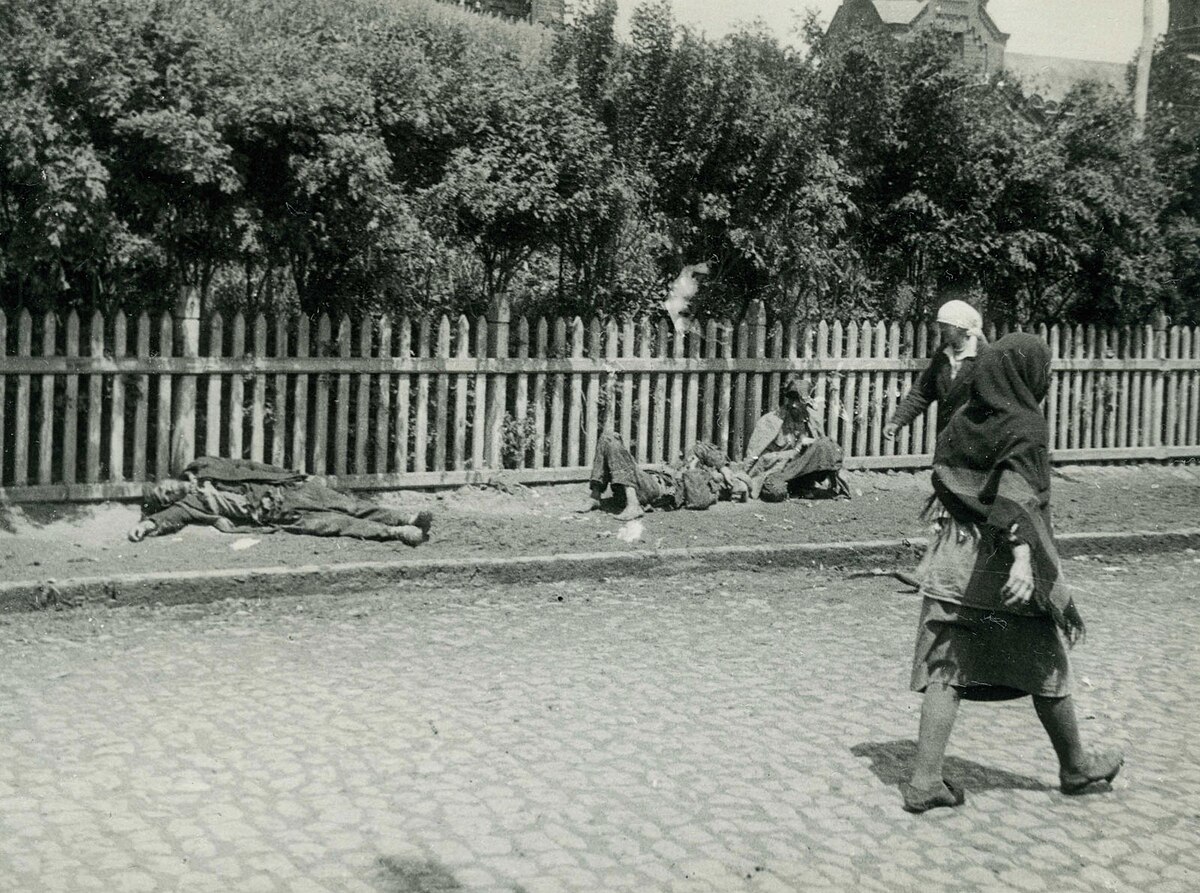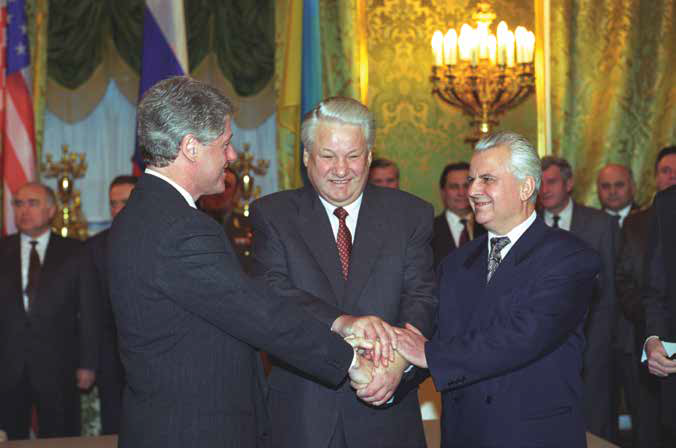We actually discussed this issue in one of our recent leadership labs. There are so many ways to view this and analyze it. What I stress to my folks is try hard not to simply espouse a western viewpoint without considering how Russia could see this. And it's not like I don't want to be patriotic to the cause, but if you are going to get after the "why is it happening", you have to get past the notion of "why don't they just do what we want?"
As mentioned earlier, Ukraine was an agricultural and industrial boon for Russia. And they have deep internal divisions. A very nationalistic Ukraine-centric west, with a much more Russia-friendly east.
When Boris Yeltsin signaled the advent of democracy for Russia, many in Europe and the US felt as though we had reached total victory. And so, over time, we started expanding NATO, to include Poland and Romania, which are not very far from Russia. And now, we have an eye toward bringing Ukraine into NATO. From a western perspective, we are such a peace-loving, freedom-evoking country, why should anyone suspect of us of ulterior motives?
If you are Russia, however, and you are watching the map, it would appear that our desire is to bring our defensive (and offensive) capabilities to the very doorstep of Russia. We don't seem very friendly to them. And when we sail destroyers into the Black Sea, which we technically are free to do, the weapons systems there can reach significantly into Russian territory.
So, Russia would like us to stop. And to be candid, some of their recent demands make me think they don't really want to reach a peaceful solution, at least not in the near term. From where I sit now, as a country, we can't agree on what color the sky is on any given day. So, it seems to be a fool's errand to assume that the EU or NATO would really be chomping at the bit to escalate this situation. And without any political malice intended here, whenever a domestic situation seems to be flagging, our government starts looking internationally at some cause that could be unifying. (Insert lawyerly language here that states I am not representing any government position, or that of any university, yada yada yada.)
A pretty decent article from the Council on Foreign Relations is here shortly after the invasion of the Crimean Peninsula.
https://www.cfr.org/backgrounder/uk...YFrhkMunVmgp1pxXpP4Poe_U7l65pquRoCJZUQAvD_BwE


